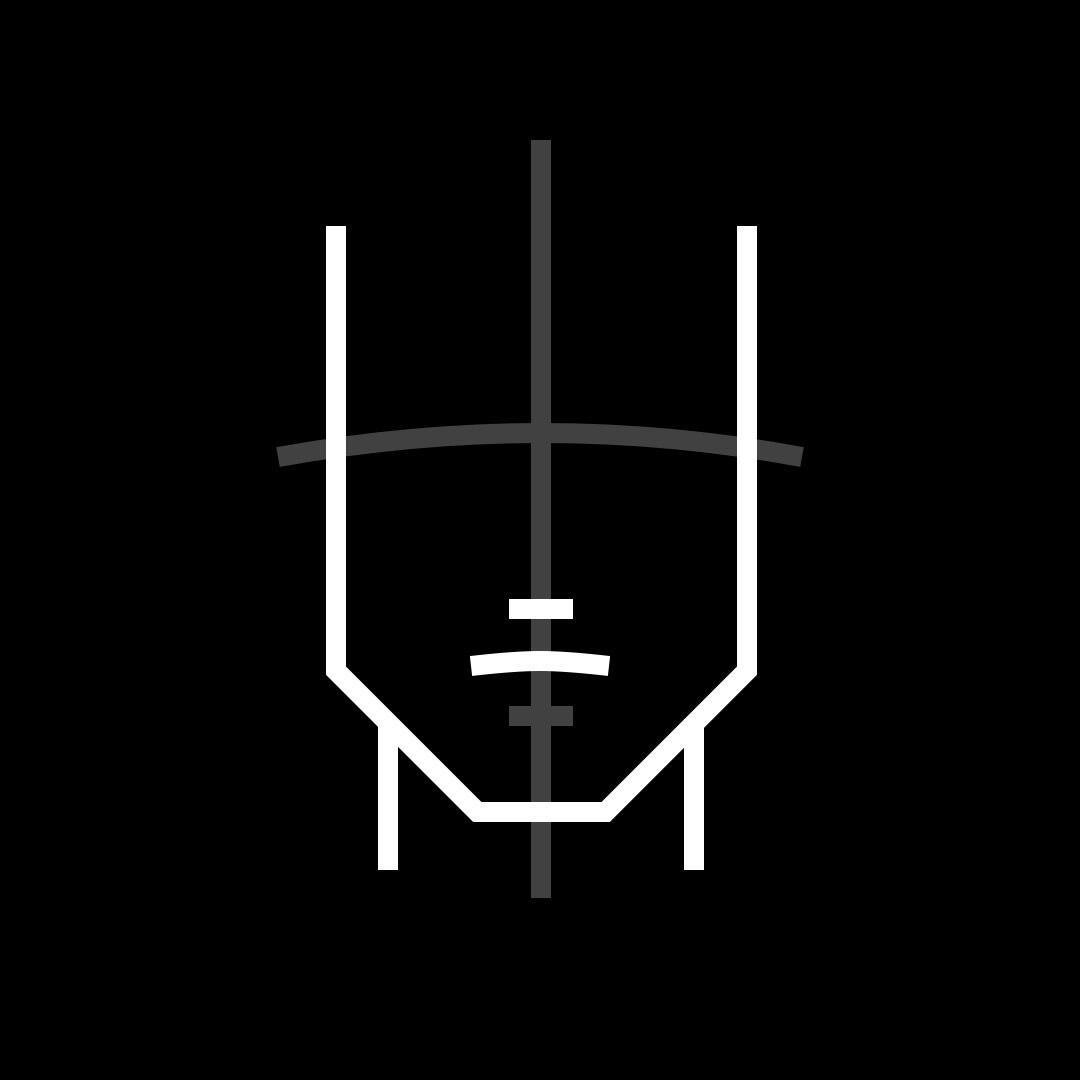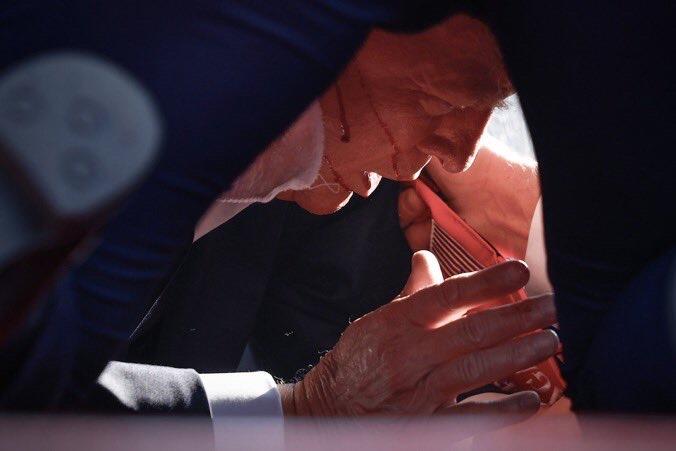privacy and auditing on L1
Using zk-SNARKs, miners can issue new bitcoins to addresses controlled by users who burnt their coins while ensuring privacy and auditability. This method leverages advanced cryptographic techniques to achieve the desired outcome without compromising the integrity or transparency of the Bitcoin network. However, the implementation would require substantial changes to the protocol and broad community support.
1. Burning Transaction:
- Alice wants to burn 1 BTC. She sends 1 BTC to a known burner address and generates a zk-SNARK proof, which she submits along with the transaction.
- This proof shows that she owned 1 BTC, sent it to the burner address, and provides a new address (e.g., NewAliceAddress) controlled by her.
2. Proof Submission:
- Alice submits the transaction and proof to the Bitcoin network. Miners collect this proof and transaction data.
3. Verification:
- Miners use zk-SNARK verification algorithms to check the proof. This ensures that the conditions (ownership, burning, and new address) are met without revealing any unnecessary information.
4. New Coin Creation:
- Upon successful verification, miners include a special transaction in a new block that creates 1 BTC and sends it to NewAliceAddress.
- The issuance of new coins is now recorded on the blockchain, maintaining transparency and auditability.
Privacy and Security Considerations
- Privacy: The use of zk-SNARKs ensures that the details of the original burnt bitcoins and the new addresses are not linked publicly, preserving user privacy.
- Security: zk-SNARKs provide strong cryptographic guarantees that the proofs are valid without revealing sensitive information.
- Auditability: The blockchain records the issuance of new bitcoins transparently, allowing anyone to verify the total supply of bitcoins and ensure no double issuance.
Challenges and Implementation
- Complexity: Implementing zk-SNARKs into Bitcoin's protocol is non-trivial and requires significant changes and testing.
- Consensus: Achieving consensus for such a change would be challenging and require broad agreement within the Bitcoin community.
- Performance: zk-SNARKs involve computational overhead, which might impact the performance and scalability of the Bitcoin network.







